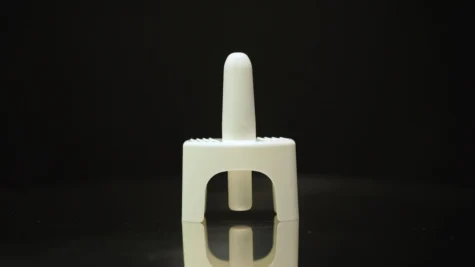In the world of addiction and recovery, trauma lurks in the shadows, profoundly influencing many lives. This hidden pain, forged by past events, may continue to shape individuals’ present experiences, often unseen and unheard. Keep on reading to explore the impact of trauma on addiction.
Understanding the Impact of Trauma on Addiction
Trauma has no one definition. It’s of various forms, ranging from abrupt accidents to prolonged abuse. The effect of trauma on an individual is universal despite its varying faces. This makes it difficult for a person suffering from addiction to find their way out.
Using substances can serve as an escape for those who are haunted by traumatic memories.
Studies have found that trauma can change the way our brains work. The brain’s response system gets rewired, affecting how an individual predicts threats and safety in an environment.
Current Statistics: A Glimpse into the Impact of Trauma on Addiction
Recent studies show that individuals with a history of trauma are much more likely than others in the general population to develop substance use disorders. According to a Substance Abuse and Mental Health Services Administration (SAMHSA) report, around 45 percent of individuals in substance abuse treatment have reported histories of abuse or trauma.
Therapeutic Approaches for Trauma and Addiction
Providers often combine treatment methods since addiction usually comes along with mental health challenges.
Let’s talk about the top therapy approaches that are popular in recovery communities:
- Medication-assisted treatment (MAT): This treatment can help alleviate withdrawal symptoms, enabling more profound psychological healing.
- Cognitive behavioral therapy (CBT) and dialectical behavior therapy (DBT): These therapies help restructure harmful thought patterns and supply means for emotional regulation.
- Family therapy: Addiction does not affect only the addict; it affects the entire family. Involving families in treatment can create a support system to facilitate recovery by repairing relationships.
- Individual therapy: This helps address specific trauma issues, giving room for deeper problems to come out and be resolved.
- Trauma therapy: Many people turn to drugs or alcohol as a way to cope with past traumas. Trauma therapy helps individuals work through these experiences and find healthier coping mechanisms.
- Support groups: Peer support provides a sense of community that allows clients to connect with others who have gone through similar struggles.
- Holistic approaches: Practices including yoga, meditation, acupuncture, and art therapy can help individuals find inner peace and relaxation while addressing underlying emotional issues.
Southern Sky Recovery: A Beacon of Hope for Trauma and Addiction Care
At Southern Sky Recovery, we realize how complex the battle against addiction is. Our
At our drug rehab in Bluffton, South Carolina, we treat our clients with compassion and comprehensive care, because we know that addressing trauma must form part of any successful approach to treating addiction.
Our services include intensive outpatient programs (IOP), partial hospitalization programs (PHP), and outpatient services to help you at any stage of the journey toward healing.
Our addiction treatment services play many important roles:
- Medication-assisted treatment eases the transition.
- Intervention services provide a lifeline.
- DBT and CBT offer tools for emotional resilience.
- Family therapy heals wounds and rebuilds bonds.
- Trauma therapy offers a space for personal growth.
Our recovery center is more than just a treatment facility; it feels like family here, backed by a genuinely caring team.
We look beyond your addiction, walking alongside you toward healing. You don’t have to face the struggle of trauma and addiction by yourself. Let Southern Sky Recovery be your guide to the brighter side of recovery.
Reach out to us today, and let’s start the journey to a brighter future for you or your loved one.



